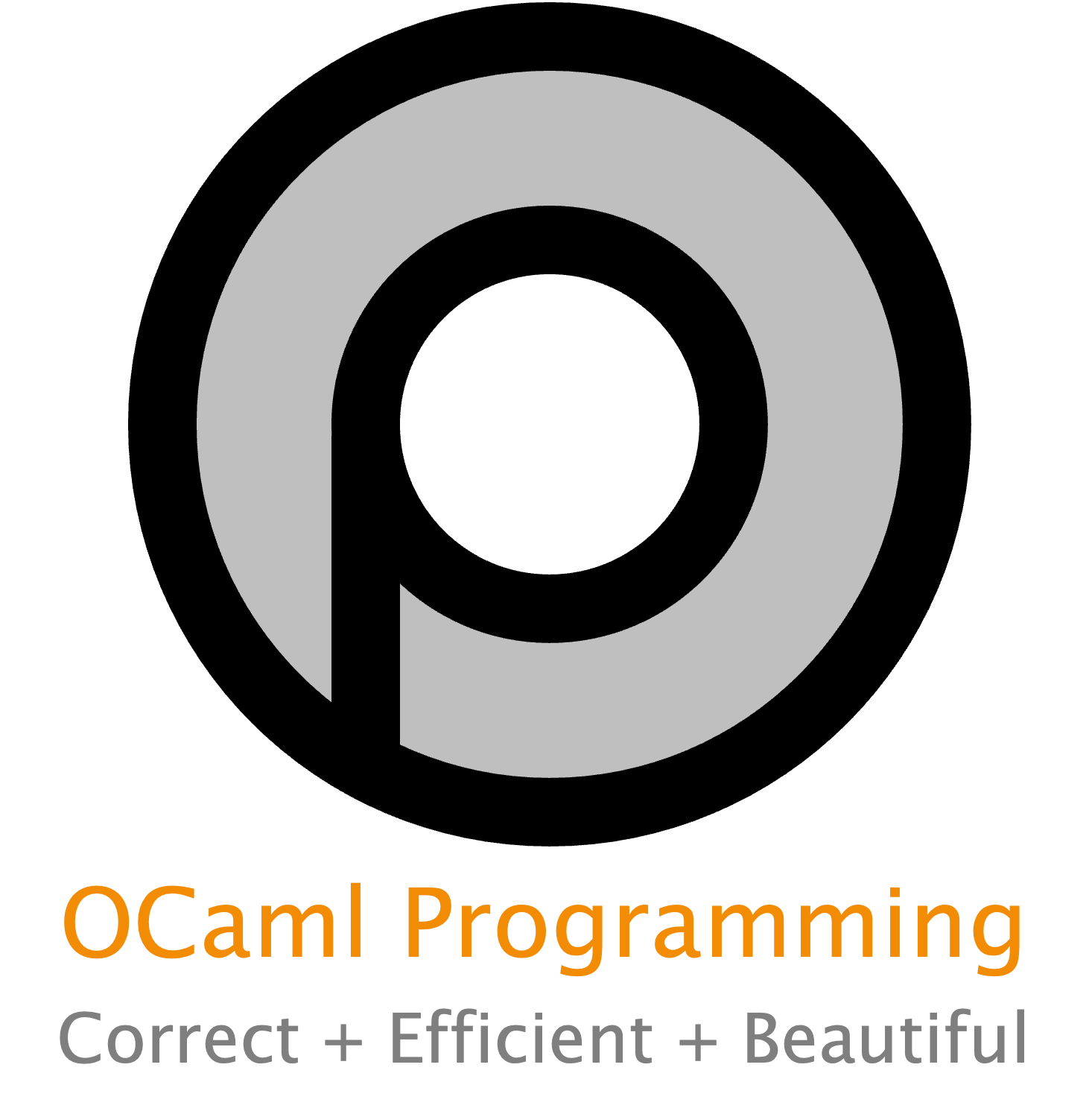4.8. Summary#
This chapter is one of the most important in the book. It didn’t cover any new language features. Instead, we learned how to use some of the existing features in ways that might be new, surprising, or challenging. Higher-order programming and the Abstraction Principle are two ideas that will help make you a better programmer in any language, not just OCaml. Of course, languages do vary in the extent to which they support these ideas, with some providing significantly less assistance in writing higher-order code—which is one reason we use OCaml in this course.
Map, filter, fold and other functionals are becoming widely recognized as excellent ways to structure computation. Part of the reason for that is they factor out the iteration over a data structure from the computation done at each element. Languages such as Python, Ruby, and Java 8 now have support for this kind of iteration.
4.8.1. Terms and Concepts#
Abstraction Principle
accumulator
apply
associative
compose
factor
filter
first-order function
fold
functional
generalized fold operation
higher-order function
map
pipeline
pipelining
4.8.2. Further Reading#
Introduction to Objective Caml, chapters 3.1.3, 5.3
OCaml from the Very Beginning, chapter 6
More OCaml: Algorithms, Methods, and Diversions, chapter 1, by John Whitington. This book is a sequel to OCaml from the Very Beginning.
Real World OCaml, chapter 3 (beware that this book’s
Corelibrary has a differentListmodule than the standard library’sListmodule, with different types formapandfoldthan those we saw here)“Higher Order Functions”, chapter 6 of Functional Programming: Practice and Theory. Bruce J. MacLennan, Addison-Wesley, 1990. Our discussion of higher-order functions and the Abstraction Principle is indebted to this chapter.
“Can Programming be Liberated from the von Neumann Style? A Functional Style and Its Algebra of Programs.” John Backus’ 1977 Turing Award lecture in its elaborated form as a published article.
“Second-order and Higher-order Logic” in The Stanford Encyclopedia of Philosophy.
